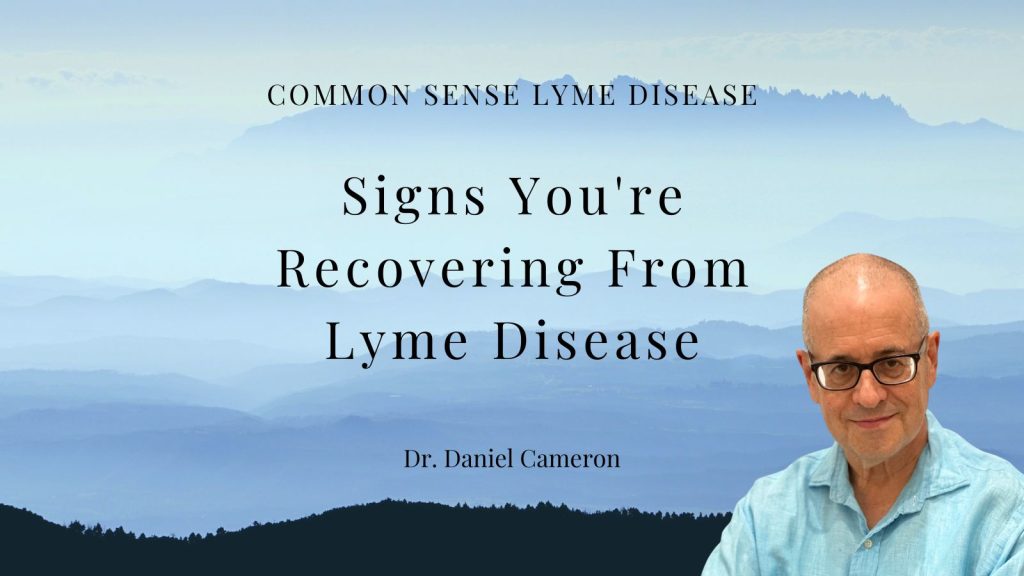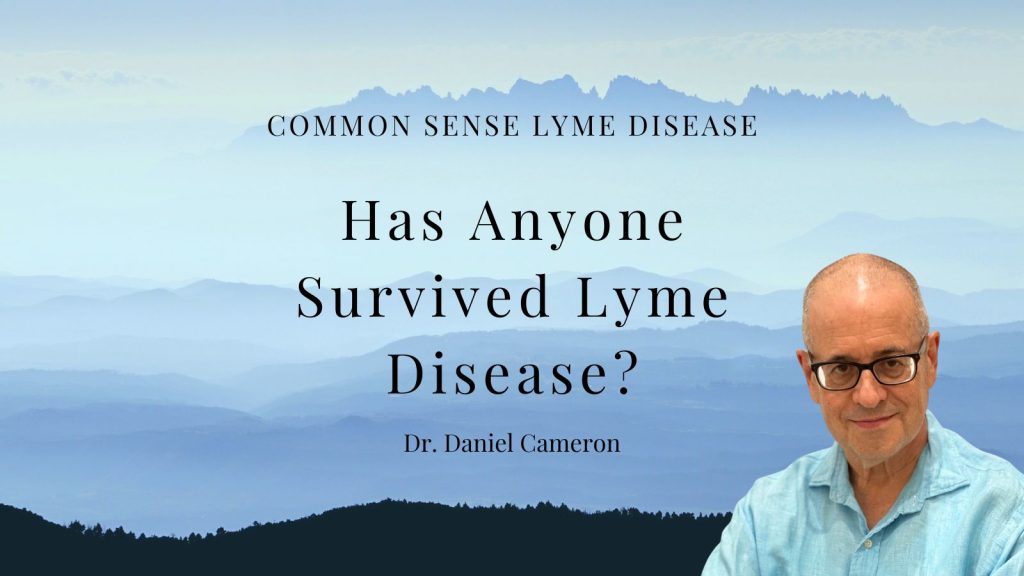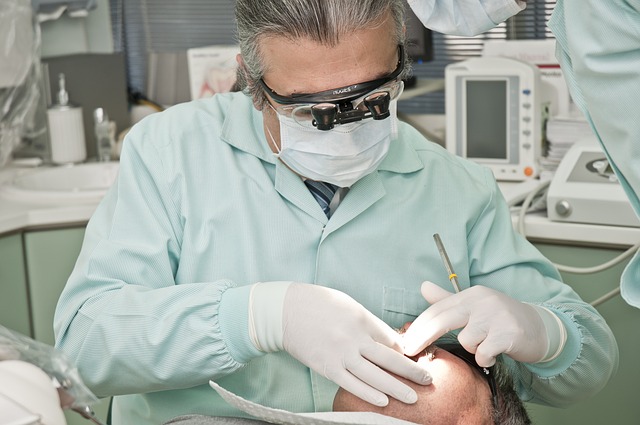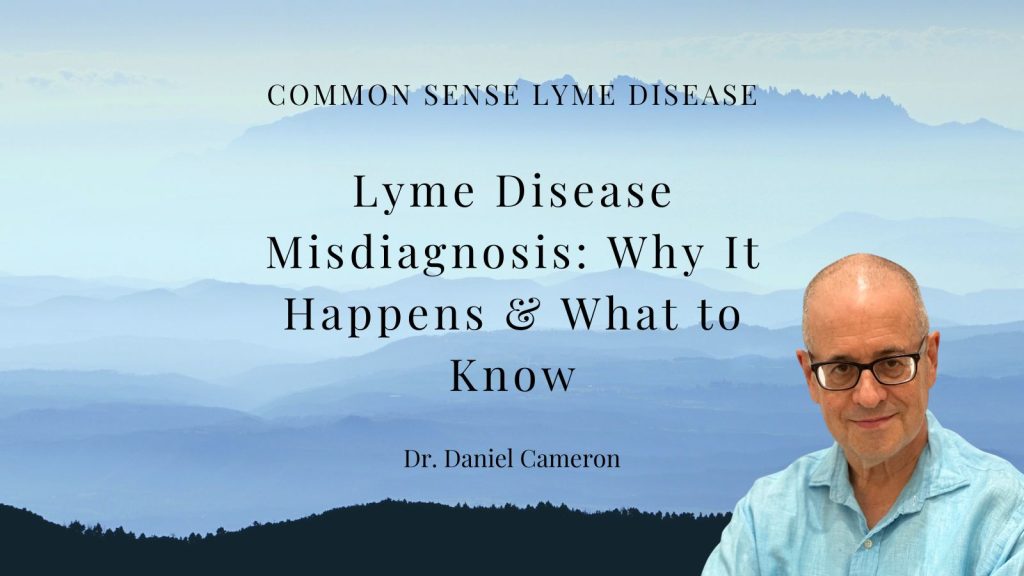Alpha-gal Syndrome: Tick-Induced Meat Allergy
After 37 years treating Lyme disease, I’ve learned that tick bites don’t just transmit infections—they can trigger life-altering allergic conditions. Alpha-gal Syndrome is a tick-induced allergy causing delayed reactions to red meat and mammalian products, fundamentally changing what patients can safely eat. Unlike typical food allergies that occur within minutes, Alpha-gal reactions develop 3-6 hours […]
Alpha-gal Syndrome: Tick-Induced Meat Allergy Read More »









